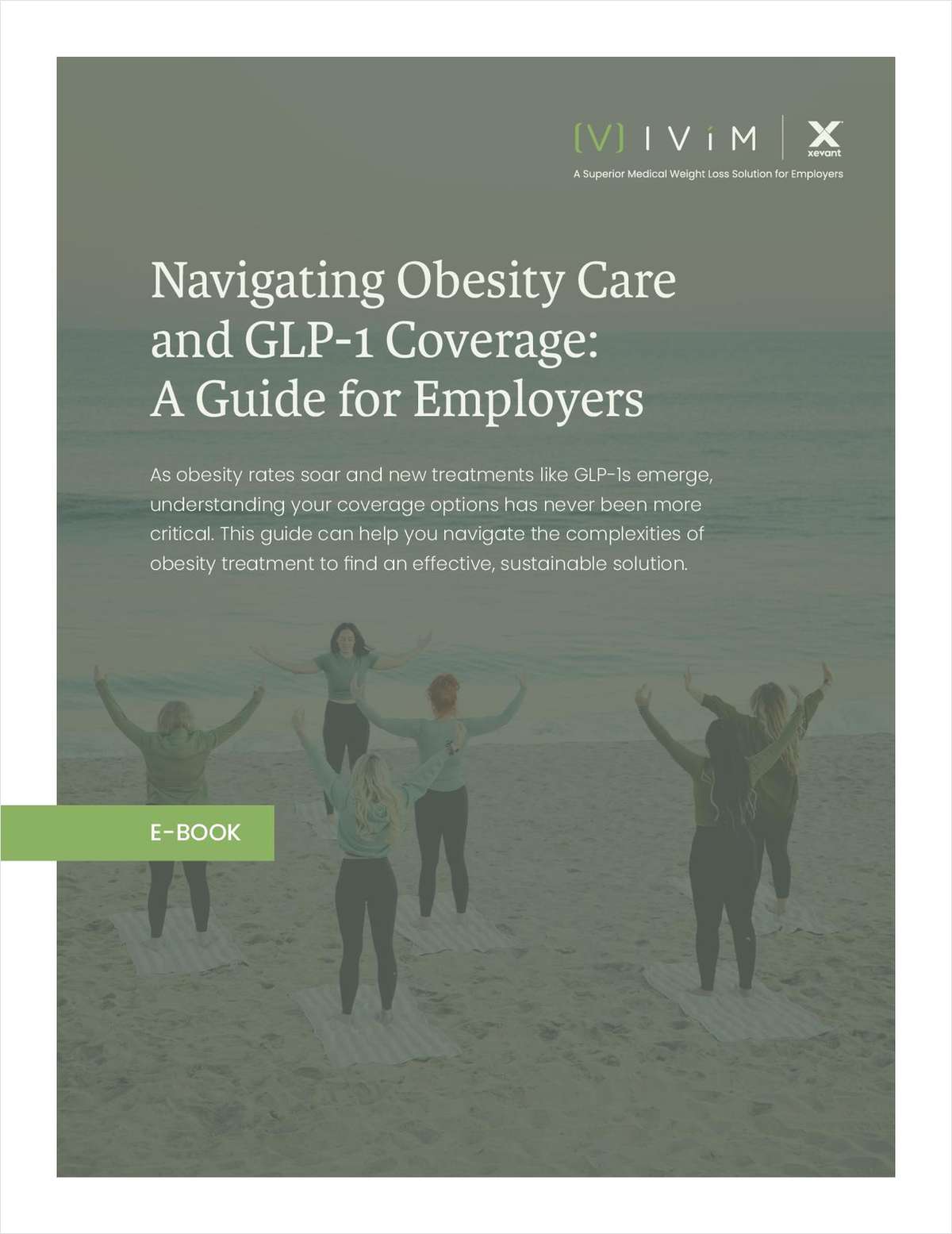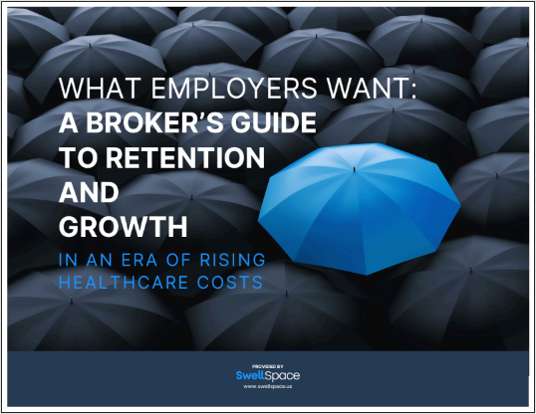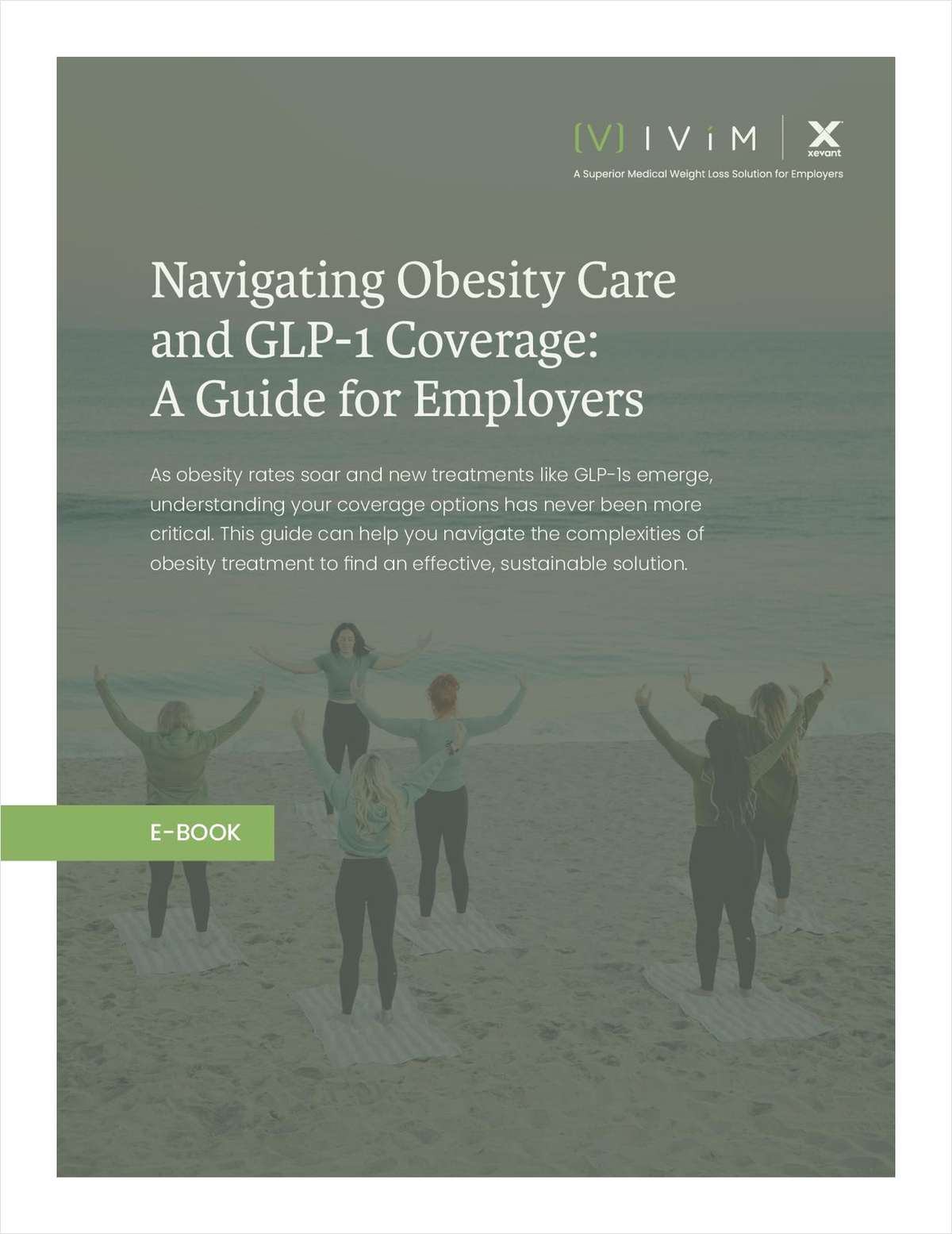 Robert Brody and Alexander Friedman, Brody & Associates.
Robert Brody and Alexander Friedman, Brody & Associates.Federal Judge Finds Jimmy John's Not a Joint Employer
Judge Charles Kocoras found Jimmy John's required its franchisees used the same equipment and purchased from particular vendors as well as “specific programs and software for timekeeping, point of sale, staffing, and scheduling.” But all of this was an issue of branding, not control over the employees.
December 03, 2018 at 02:32 PM
5 minute read
An Illinois federal judge found sandwich franchisor Jimmy John's was not a joint employer of its franchisees' assistant store managers (“ASMs”). Judge Charles Kocoras based his decision on the facts that Jimmy John's did not “(1) have the power to hire or fire franchise employees; (2) supervise and/or control employee work schedules or conditions of payments; (3) determine the rate and method of payment; or (4) maintain employment records for franchise employees.”
The Judge relied upon Moldenhauer v. Tazewell-Pekin Consolidated Communications Center, a 10-year-old U.S. Court of Appeals for the Seventh Circuit case. He also considered but rejected other factors alleged by the ASMs: (1) Jimmy John's controls employee training and appearance by requiring franchisees to follow training materials in an Operations Manual and online toolkit, and having strict clothing, facial hair, tattoo and jewelry requirements; (2) franchisees had to follow day-to-day checklists from the operations manual, which covered ASM daily tasks/working conditions and store decorations/displays; and (3) Jimmy John's business coaches “managed franchise employees” by enforcing policies and procedures through store audits and influencing store owners and managers.
According to Kocoras, any control Jimmy John's did exercise related to brand standards “establishe[d] to help ensure the quality and consistency of the customer experience in relation to the store's operations, including: menus; food preparation; store cleanliness, layout, and appearance; signage; and employee dress and grooming.” Therefore, these brand standards did not establish joint employer status.
The Jimmy John's restrictions included wearing approved t-shirts and hats and particular pant, shoe and belt colors. There were also restrictions on facial hair, tattoos and jewelry. In fact, employees with exposed tattoos could not become managers. Nonetheless, the judge viewed these as brand standards-related restrictions as controlling “not the employees' actual working conditions, but the quality of the Jimmy John's Brand.”
Interestingly, Kocoras found “Jimmy John's' control over store organization [through the operation manual's multiple checklists and punch lists] was 'so pervasive' that 'one should be able to open a refrigerator in any Jimmy John's restaurant and expect to the see the same items, located in the same spaces, prepared and stored in the identical manner.'” Kocoras also found Jimmy John's required its franchisees used the same equipment and purchased from particular vendors as well as “specific programs and software for timekeeping, point of sale, staffing, and scheduling.” But all of this was an issue of branding, not control over the employees.
Kocoras explained, “Jimmy John's has developed a system under which each franchise store will provide an identical atmosphere, product, and customer service … to achieve that goal, Jimmy John's must impose requirements … The purpose of these requirements is not to control franchise employees but to protect the Jimmy John's Brand … while the factors put forth by Plaintiffs certainly constitute control … control over Brand Standards does not constitute the type of control required to be deemed a joint employer.”
Regarding Jimmy John's business coaches, Kocoras explained, “Jimmy John's is entitled to impose and enforce its Brand Standards on its franchisees. It does so by utilizing Business Coaches … An agreement … to 'execut[e] 100%' of what Business Coaches suggest, whether or not it is a strict agreement or 'aspirational,' does not cause concern when the suggestions are made to ensure compliance with Brand Standards.”
This case is one of several dealing with the issue of joint employment in the franchise context that are currently unfolding throughout the country. A case addressing much the same issue with respect to McDonald's and its franchisees is currently before an administrative law judge at the National Labor Relations Board. The Obama administration aggressively attempted to tighten the definition of joint employment. Under President Donald Trump, the government is attempting to undo this.
What does this mean for other employers? Joint employer liability may apply in numerous contexts. For example, your business could be found to be a joint employer of temps provided by a staffing agency or of employees of another business with whom you have partnered via a joint venture. A finding of joint employment leads to potentially huge risks. A joint employer will generally be liable for the other business's employment-related violations. Imagine being jointly liable when another company does not pay their employees overtime or fires an employee for a discriminatory reason. The financial consequences for your business could be devastating.
The Jimmy John's case is only one judge's opinion. In fact, the exact standard for joint employment varies by jurisdiction and by the law under which joint employer is being defined (e.g., Internal Revenue Code, state unemployment or state worker's compensation). During the Obama administration, this case would have been an aberration. Now, in the Trump administration, this is likely the majority view. If other courts follow similar reasoning, it will be good news for employers. Until there is more clarity, employers should exercise caution—if your business model relies on someone else's employees, you should consult with competent labor and employment counsel to ensure you do not maintain excessive control over those employees.
Robert G. Brody is the founder and managing member of Brody and Associates, a management-side labor, employment and benefits law firm based in Westport, Connecticut, and New York City. Alexander Friedman is an associate with the firm. Brody and Friedman can be reached at [email protected] and [email protected] or by phone at 203-454-0560.
This content has been archived. It is available through our partners, LexisNexis® and Bloomberg Law.
To view this content, please continue to their sites.
Not a Lexis Subscriber?
Subscribe Now
Not a Bloomberg Law Subscriber?
Subscribe Now
NOT FOR REPRINT
© 2024 ALM Global, LLC, All Rights Reserved. Request academic re-use from www.copyright.com. All other uses, submit a request to [email protected]. For more information visit Asset & Logo Licensing.
You Might Like
View All
ADVANCE Act Offers Conn. Opportunity to Enhance Carbon-Free Energy and Improve Reliability With Advanced Nuclear Technologies

Trending Stories
- 1The Pusillanimous Press
- 2Contract Lifecycle Management Company ContractPodAi Unveils Leah Drive
- 3'Great News' for Businesses? Judge Halts Transparency Mandate
- 4Consilio Announces ‘Native AI Review,’ Expanding Its Gen AI E-Discovery Offerings
- 5Federal Judge Hits US With $227,000 Sanction for Discovery Misconduct
Who Got The Work
Michael G. Bongiorno, Andrew Scott Dulberg and Elizabeth E. Driscoll from Wilmer Cutler Pickering Hale and Dorr have stepped in to represent Symbotic Inc., an A.I.-enabled technology platform that focuses on increasing supply chain efficiency, and other defendants in a pending shareholder derivative lawsuit. The case, filed Oct. 2 in Massachusetts District Court by the Brown Law Firm on behalf of Stephen Austen, accuses certain officers and directors of misleading investors in regard to Symbotic's potential for margin growth by failing to disclose that the company was not equipped to timely deploy its systems or manage expenses through project delays. The case, assigned to U.S. District Judge Nathaniel M. Gorton, is 1:24-cv-12522, Austen v. Cohen et al.
Who Got The Work
Edmund Polubinski and Marie Killmond of Davis Polk & Wardwell have entered appearances for data platform software development company MongoDB and other defendants in a pending shareholder derivative lawsuit. The action, filed Oct. 7 in New York Southern District Court by the Brown Law Firm, accuses the company's directors and/or officers of falsely expressing confidence in the company’s restructuring of its sales incentive plan and downplaying the severity of decreases in its upfront commitments. The case is 1:24-cv-07594, Roy v. Ittycheria et al.
Who Got The Work
Amy O. Bruchs and Kurt F. Ellison of Michael Best & Friedrich have entered appearances for Epic Systems Corp. in a pending employment discrimination lawsuit. The suit was filed Sept. 7 in Wisconsin Western District Court by Levine Eisberner LLC and Siri & Glimstad on behalf of a project manager who claims that he was wrongfully terminated after applying for a religious exemption to the defendant's COVID-19 vaccine mandate. The case, assigned to U.S. Magistrate Judge Anita Marie Boor, is 3:24-cv-00630, Secker, Nathan v. Epic Systems Corporation.
Who Got The Work
David X. Sullivan, Thomas J. Finn and Gregory A. Hall from McCarter & English have entered appearances for Sunrun Installation Services in a pending civil rights lawsuit. The complaint was filed Sept. 4 in Connecticut District Court by attorney Robert M. Berke on behalf of former employee George Edward Steins, who was arrested and charged with employing an unregistered home improvement salesperson. The complaint alleges that had Sunrun informed the Connecticut Department of Consumer Protection that the plaintiff's employment had ended in 2017 and that he no longer held Sunrun's home improvement contractor license, he would not have been hit with charges, which were dismissed in May 2024. The case, assigned to U.S. District Judge Jeffrey A. Meyer, is 3:24-cv-01423, Steins v. Sunrun, Inc. et al.
Who Got The Work
Greenberg Traurig shareholder Joshua L. Raskin has entered an appearance for boohoo.com UK Ltd. in a pending patent infringement lawsuit. The suit, filed Sept. 3 in Texas Eastern District Court by Rozier Hardt McDonough on behalf of Alto Dynamics, asserts five patents related to an online shopping platform. The case, assigned to U.S. District Judge Rodney Gilstrap, is 2:24-cv-00719, Alto Dynamics, LLC v. boohoo.com UK Limited.
Featured Firms
Law Offices of Gary Martin Hays & Associates, P.C.
(470) 294-1674
Law Offices of Mark E. Salomone
(857) 444-6468
Smith & Hassler
(713) 739-1250












